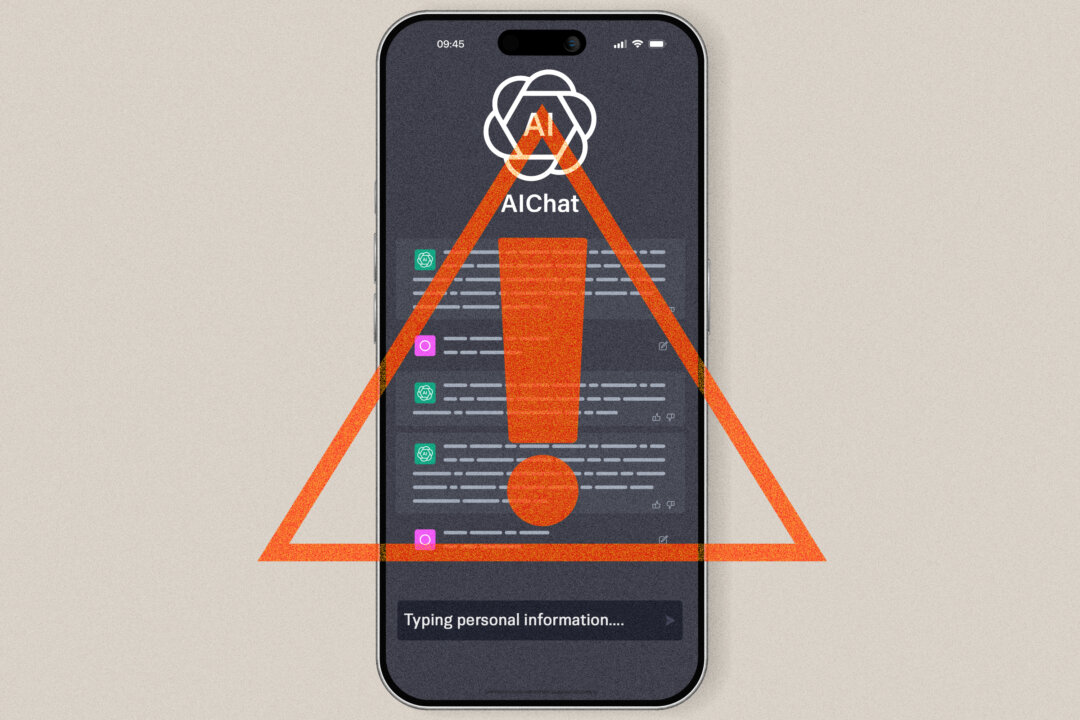The rapid advancement of artificial intelligence (AI) is reshaping various sectors, but it is also raising significant concerns regarding data security. A recent report from McKinsey & Company, released in May 2023, highlights the dual nature of AI technologies. While these systems can enhance fraud detection and strengthen network security, they also pose risks by potentially exposing sensitive information.
Experts in cybersecurity and privacy are sounding alarms about the vulnerabilities introduced by AI. The same models that are adept at processing vast amounts of data can also infer identities and reconstruct information that users believe to be anonymized. This paradox presents a growing challenge for organizations as they balance the benefits of AI against the risks to their data security.
AI’s Potential and Risks
The capabilities of AI have expanded dramatically, allowing businesses to streamline operations and gain insights from data analytics. However, the technology’s ability to analyze patterns and extract information can inadvertently lead to breaches of privacy. As AI tools become more integrated into business practices, the potential for misuse also increases.
According to the McKinsey report, while AI can efficiently identify fraudulent activities, it can also be exploited to reassemble details that organizations may have intended to safeguard. This dichotomy illustrates the need for robust security measures alongside the deployment of AI technologies.
Cybersecurity experts are urging organizations to reconsider their approach to data protection. The evolving landscape of AI requires a comprehensive strategy that not only focuses on efficiency but also prioritizes the safeguarding of sensitive data. “Organizations must adopt a proactive stance in assessing and mitigating risks associated with AI,” said a cybersecurity expert familiar with the report.
Addressing the Challenges Ahead
As businesses increasingly rely on AI, the challenge of ensuring data security becomes more complex. Organizations are encouraged to invest in advanced cybersecurity measures that can adapt to the evolving risks posed by AI technologies. This includes implementing robust encryption methods, conducting regular security audits, and fostering a culture of data privacy awareness among employees.
Moreover, regulatory frameworks may need to evolve to keep pace with technological advancements. Policymakers are called upon to establish guidelines that address the use of AI in data processing, ensuring that privacy is not compromised in the pursuit of innovation.
In conclusion, while AI presents remarkable opportunities for enhancing business operations, it simultaneously introduces significant risks to data security. The insights from McKinsey & Company serve as a critical reminder for organizations to remain vigilant and proactive in their cybersecurity strategies. As the landscape continues to evolve, the focus must remain on protecting sensitive information while harnessing the benefits of AI technologies.







